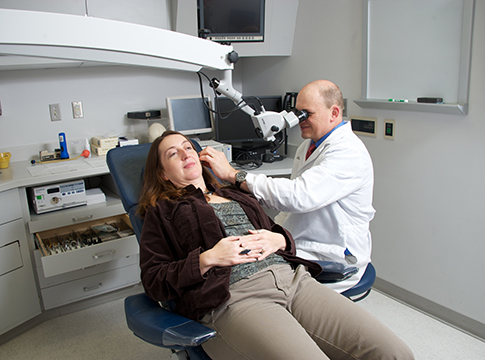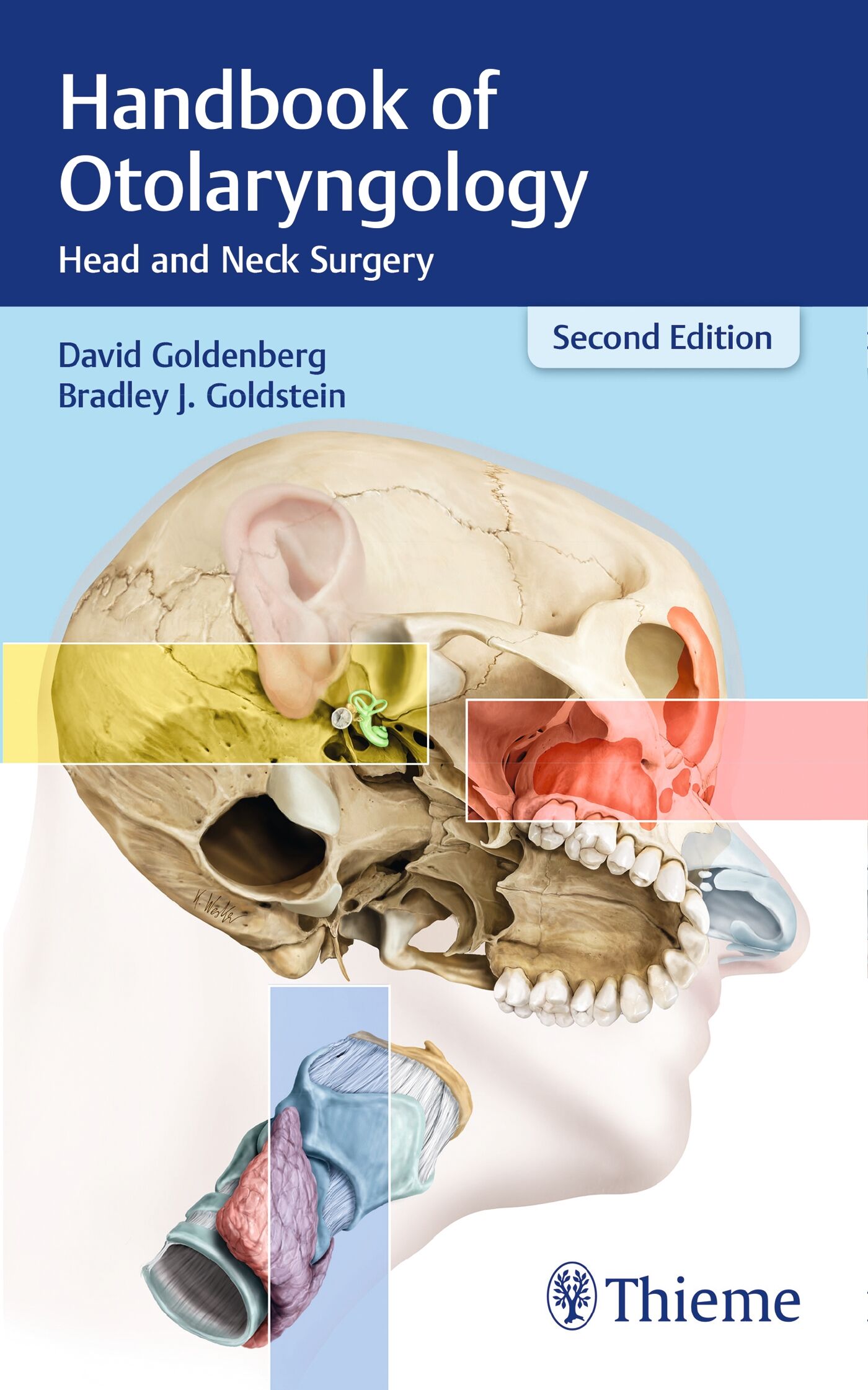Tired of Sinus Pain? Here's When to Call a Sinus Expert
Tired of Sinus Pain? Here's When to Call a Sinus Expert
Blog Article
Discovering the Field of Otolaryngology: What to Expect When You Seek Advice From an ENT
Otolaryngology, frequently described as ENT, includes the medical diagnosis and therapy of throat, nose, and ear disorders. For those experiencing related issues, consulting an ENT specialist can offer clarity and relief. Comprehending what to anticipate throughout such consultations is important for effective communication and care. This summary will describe crucial elements of the ENT experience, consisting of common factors for visits and the procedures associated with diagnosis and therapy.

Understanding Otolaryngology: An Introduction
Otolaryngology, usually described as ENT (Ear, Nose, and Throat) medication, is a customized branch of medicine that concentrates on the medical diagnosis and treatment of problems influencing these essential areas of the human body. This area encompasses a broad variety of disorders, consisting of those pertaining to hearing, balance, breathing function, and speech. Otolaryngologists are trained to manage both medical and clinical treatments, making use of advanced methods and modern technologies. Their know-how expands past traditional disorders, addressing issues such as allergies, sinus infections, and hearing loss. Additionally, they play an important role in the monitoring of head and neck cancers, supplying thorough care tailored to specific person demands. In general, otolaryngology remains essential for keeping wellness and lifestyle in affected people.
Usual Factors to See an ENT Specialist
Lots of people seek the knowledge of an ENT specialist for a range of factors, reflecting the diverse nature of conditions that influence the ear, nose, and throat. Common problems include persistent sinusitis, which often results in persistent nasal congestion and facial pain. Allergic reactions and their connected symptoms, such as sneezing and itching, also trigger visits to these specialists (ENT surgery). Hearing loss, whether sudden or steady, is one more substantial reason for appointment. In addition, people might seek examination for throat disorders, including relentless hoarseness or ingesting problems. Rest apnea, identified by interrupted breathing throughout rest, is frequently dealt with by ENT experts too. Each of these conditions highlights the significance of specialized care in managing complex ENT-related wellness problems
Preparing for Your ENT Appointment
When planning for an ENT visit, it is vital to collect pertinent details and consider any kind of particular worries. People need to compile a detailed medical background, consisting of previous ear, nose, or throat problems, surgeries, and existing drugs. Recording signs and symptoms-- such as regularity, severity, and duration-- can offer important insights for the ENT professional. Furthermore, people should prepare a listing of inquiries they want to ask, guaranteeing that all worries are addressed during the visit. Bringing along any kind of pertinent clinical documents or examination results can additionally aid the ENT in comprehending the individual's condition. People need to verify their appointment details, consisting of place, day, and time, to decrease any final complication. Proper prep work can improve the efficiency of the assessment and lead to better results.
What to Anticipate Throughout the Consultation
As the assessment begins, the client can anticipate to take part in an extensive discussion with the ENT expert regarding their signs and medical background. The specialist will certainly ask about the period, regularity, and severity of signs such as hearing loss, nasal blockage, or aching throat. Additionally, the client's previous medical problems, medicines, and any appropriate family members history will be reviewed, helping the specialist in forming a full understanding of the patient's wellness. The ENT may also inquire about way of living elements, such as exposure to allergens or toxic irritants. This open dialogue develops a foundation for the examination, ensuring that the patient's concerns are attended to and establishing the phase for any required examinations or recommendations for therapy.
Analysis Tests and Procedures in Otolaryngology
A variety of analysis tests and procedures are vital in otolaryngology to precisely assess and diagnose conditions influencing the nose, ear, and throat. Typical examinations include audiometry, which determines hearing function, and tympanometry, assessing middle ear stress. Nasal endoscopy enables visualization of the nasal passages and sinuses, while laryngoscopy checks out the throat and singing cords. Imaging methods, such as CT scans and MRIs, offer in-depth sights of head and neck frameworks. Allergy testing may also be carried out to identify triggers for sinus or respiratory system problems. These analysis tools allow ENT specialists to create a complete understanding of patients' problems, making certain customized and effective administration plans. Proper medical diagnosis is necessary for effective treatment results in otolaryngology.
Therapy Alternatives Supplied by ENT Specialists
ENT professionals offer a variety of therapy alternatives customized to attend to details problems influencing the nose, throat, and ear. These therapies range from conventional techniques, such as medicine and way of life alterations, to even more invasive procedures. Allergies might be handled with antihistamines or immunotherapy, while persistent sinus problems could call for nasal corticosteroids or sinus surgical procedure. For hearing loss, ENT professionals commonly recommend listening devices or surgical treatments like cochlear implants. In situations of throat conditions, options can consist of speech treatment or procedures to get rid of go to this site blockages. Furthermore, they may give assistance for taking care of sleep apnea, consisting of making use of CPAP devices or medical treatments. In general, the goal is to enhance people' top quality of life via individualized treatment and effective therapy methods.
When to Look For Follow-Up Care With an ENT
When to look for follow-up treatment with an ENT specialist is crucial for managing ongoing signs or difficulties related to ear, nose, and throat problems, identifying. Individuals must consider arranging a follow-up consultation if symptoms linger regardless of initial therapy, such as chronic ear pain, nasal congestion, or throat pain. Modifications in hearing, balance problems, or unusual nasal discharge might also warrant more evaluation. In addition, if an individual experiences side impacts from suggested drugs or has undergone a surgery, follow-up care is very important to keep track of recovery and resolve any issues. Prompt assessments can guarantee efficient management of conditions, prevent possible problems, and give tranquility of mind concerning one's wellness. Looking for follow-up care promotes positive wellness management in otolaryngology.
Regularly Asked Questions

What Qualifications Should I Look for in an ENT Specialist?
When seeking an ENT expert, one should look for board accreditation, relevant experience, and stuffy nose treatment solid patient evaluations. Additionally, efficient interaction abilities and a caring approach can greatly boost the general treatment experience.
Just how Do I Select the Right ENT for My Requirements?
Choosing the ideal ENT expert entails evaluating their qualifications, experience, and individual reviews (ENT Clinic). It is important to contemplate their communication design and technique to treatment, ensuring they line up with the person's specific health demands and preferences
Are There Any Type Of Dangers Related To ENT Procedures?
The dangers related to ENT procedures may consist of infection, blood loss, anesthesia issues, and potential damages to bordering frameworks. Patients should review these risks with their medical professional to understand specific problems and guarantee notified choices.
How Can I Handle Anxiety Prior To My ENT Visit?
To manage stress and anxiety before a consultation, individuals can practice deep breathing exercises, envision favorable results, prepare inquiries ahead of time, and seek support from good friends or household, fostering a feeling of confidence and peace.
What Should I Do if I Experience Negative Effects From Treatment?
The individual needs to immediately report them to their healthcare provider if side effects from therapy happen. Modifications to therapy or added interventions may be needed to assure security and efficiency in managing their problem - her latest blog Voice. As the assessment starts, the patient can expect to involve in a thorough conversation with the ENT professional regarding their signs and symptoms and clinical history. These analysis tools enable ENT professionals to establish an extensive understanding of clients' conditions, guaranteeing customized and effective monitoring strategies. ENT experts provide a variety of treatment choices tailored to attend to details conditions impacting the throat, ear, and nose. When looking for an ENT specialist, one must look for board qualification, relevant experience, and solid patient testimonials. Picking the ideal ENT professional involves evaluating their credentials, experience, and individual testimonials
Report this page